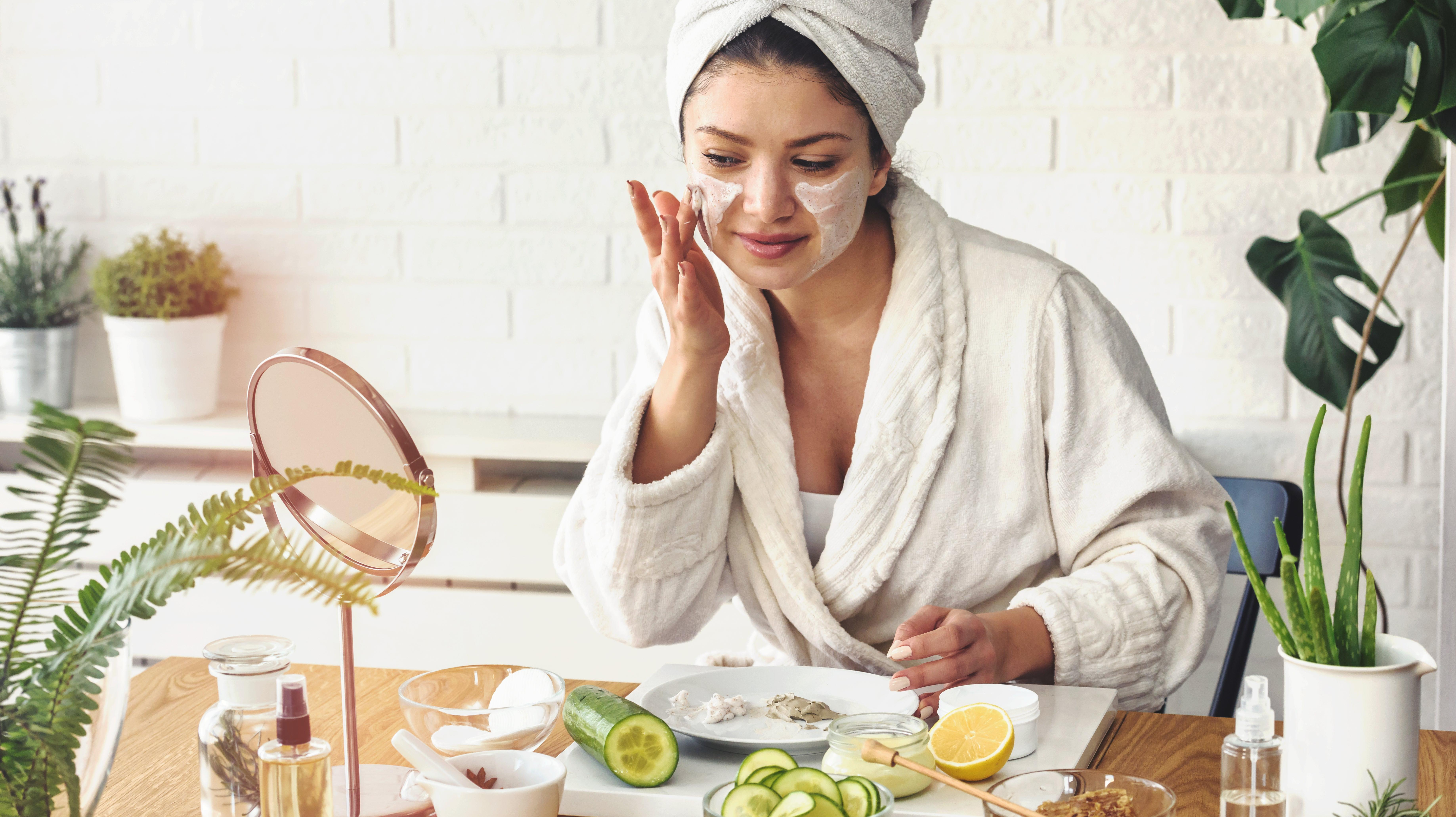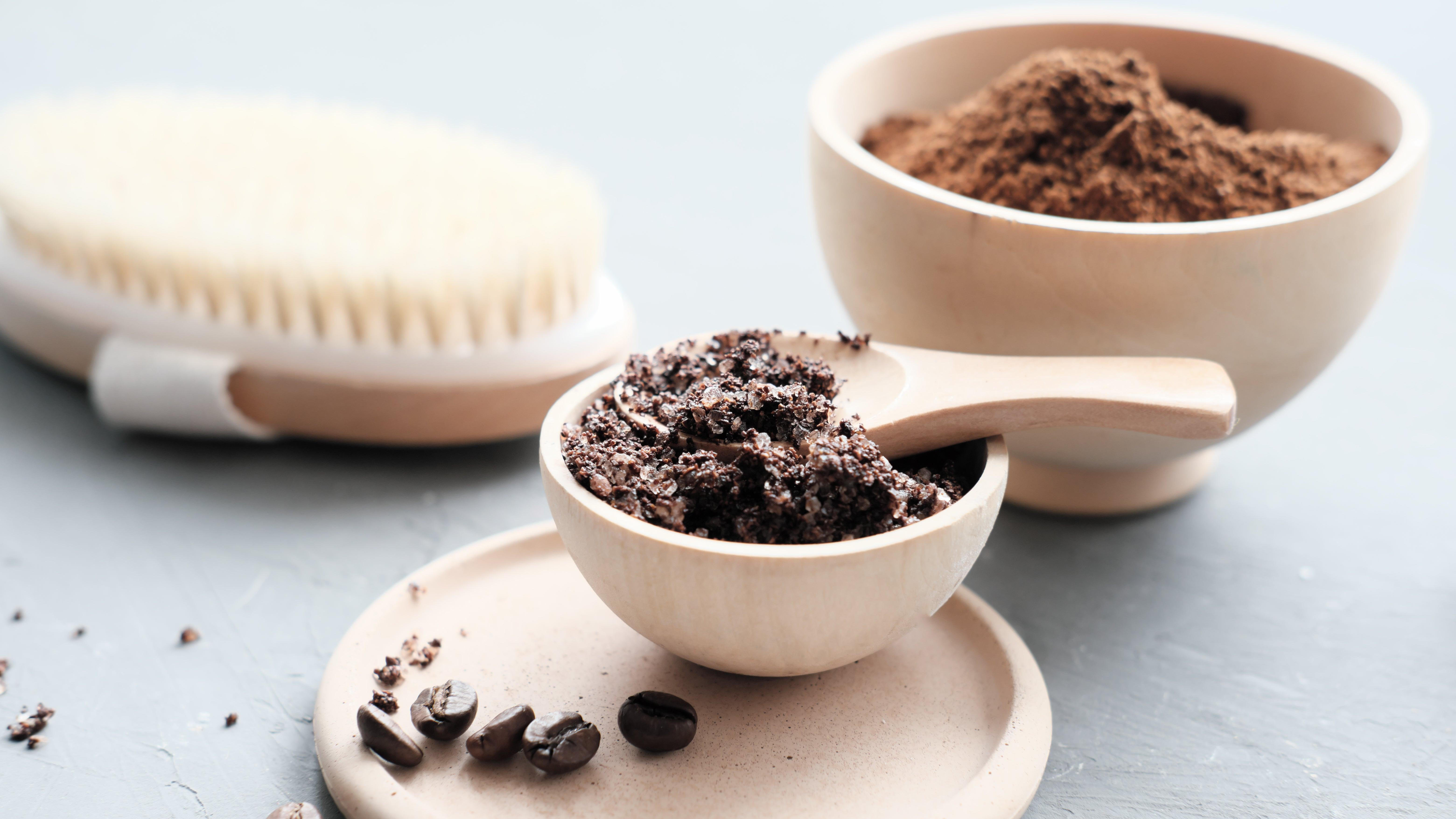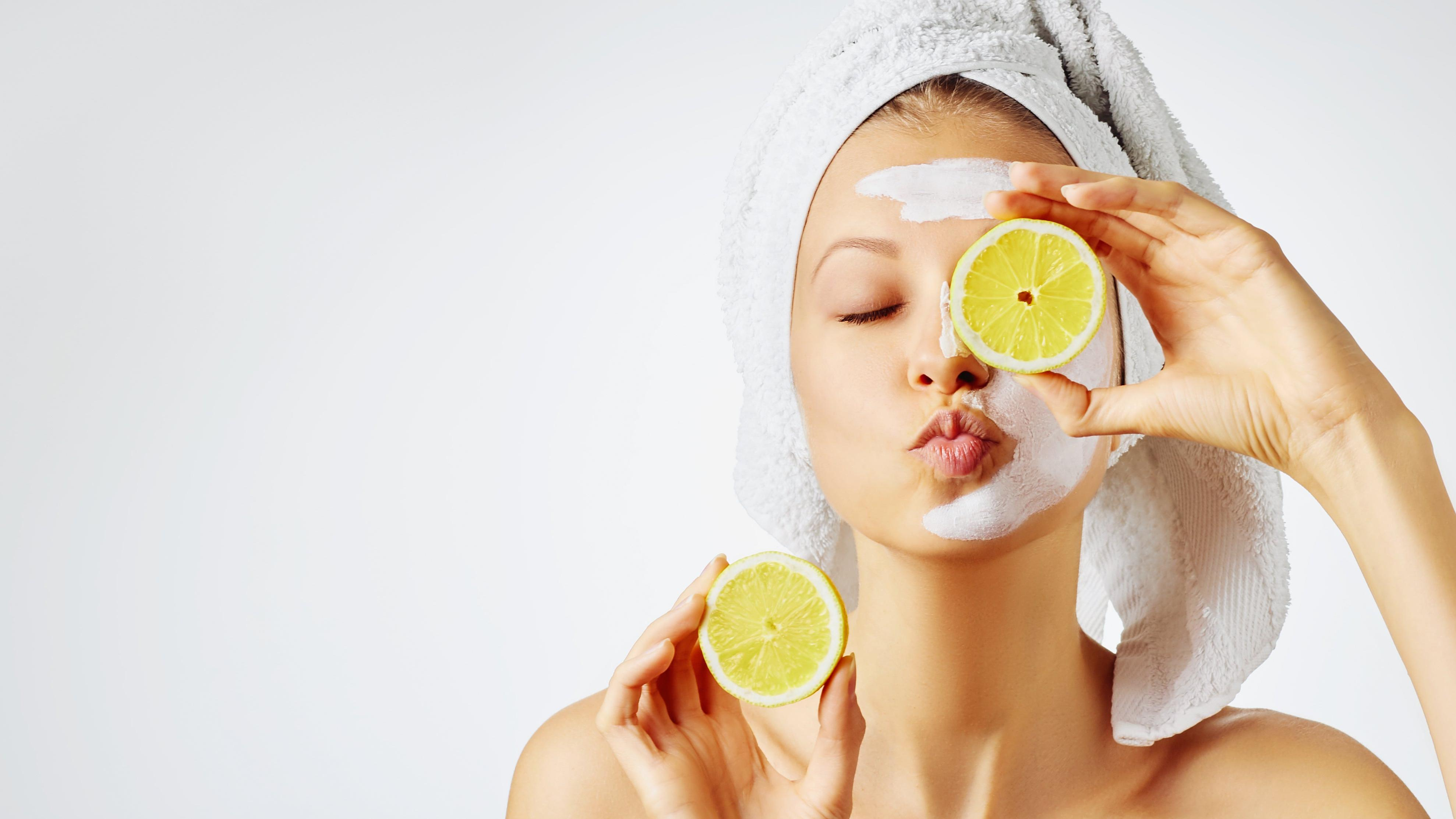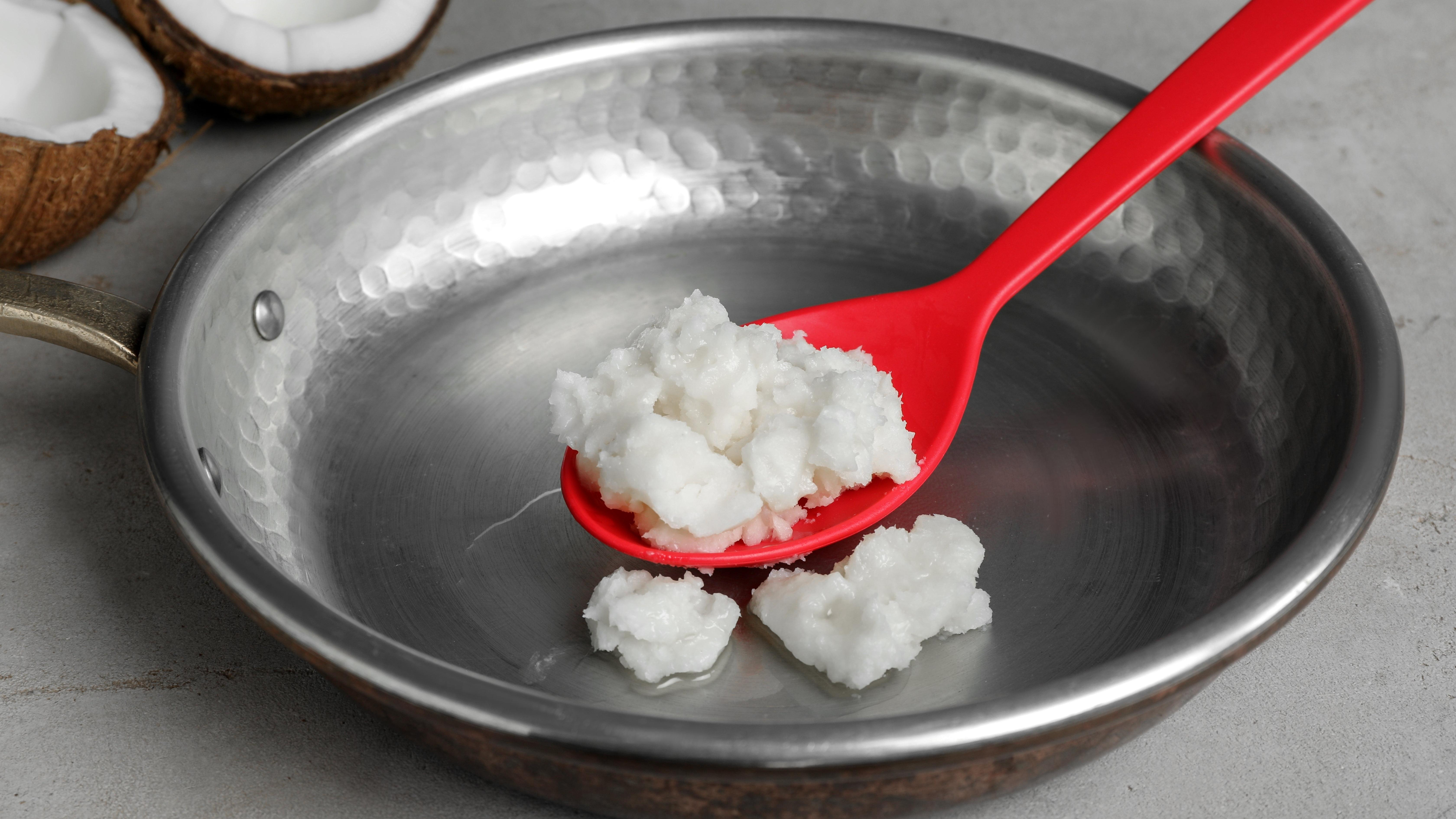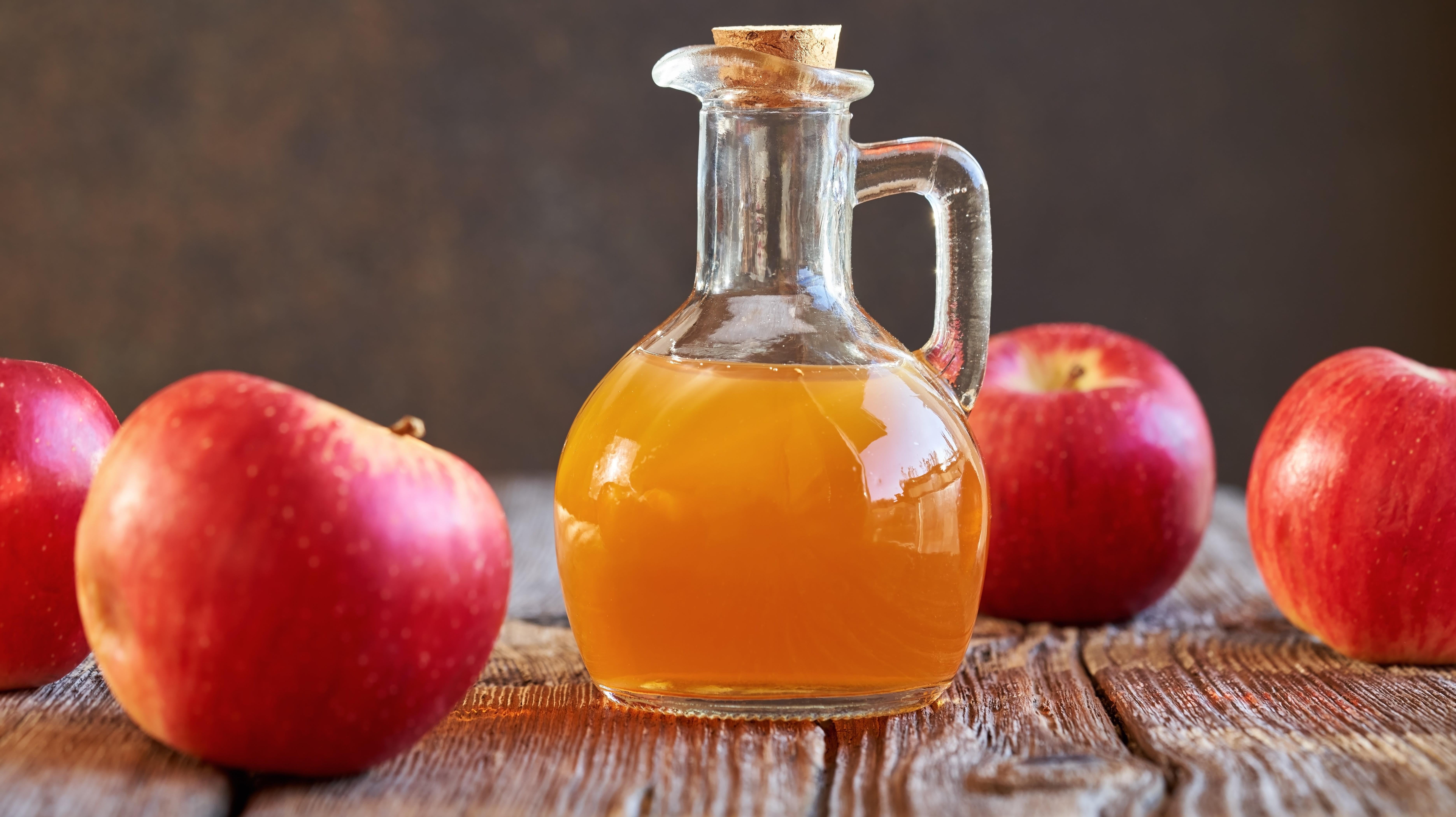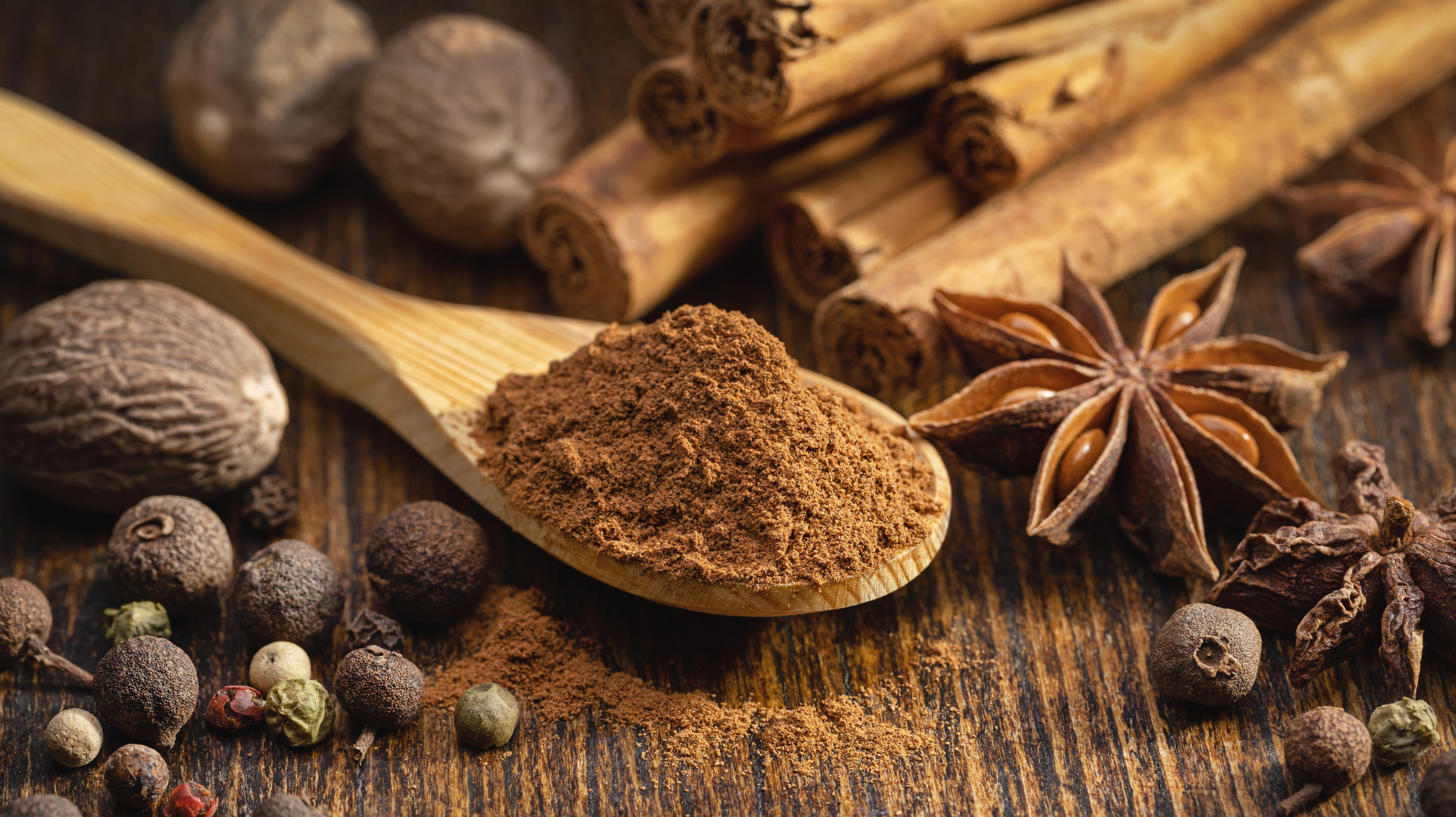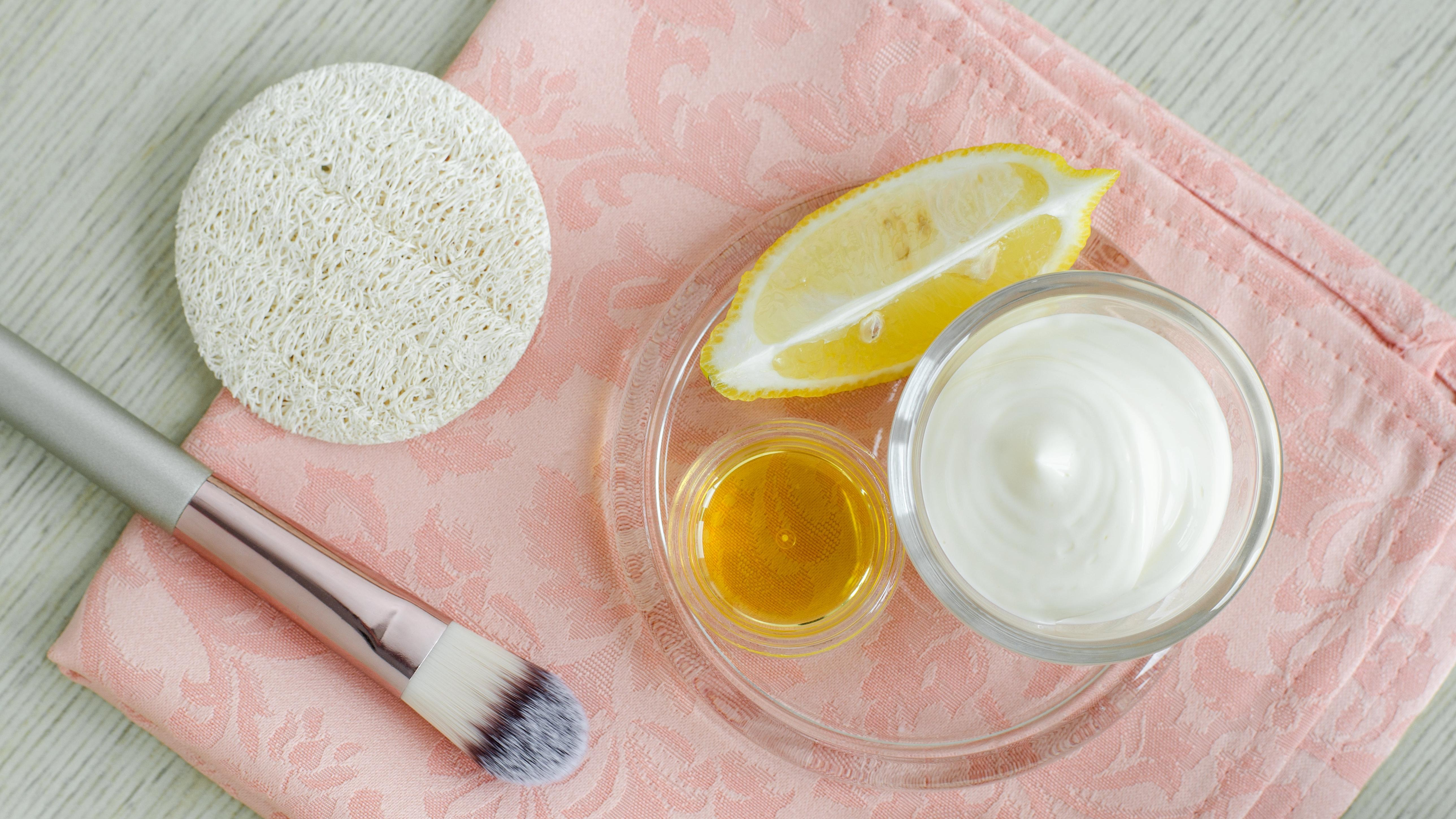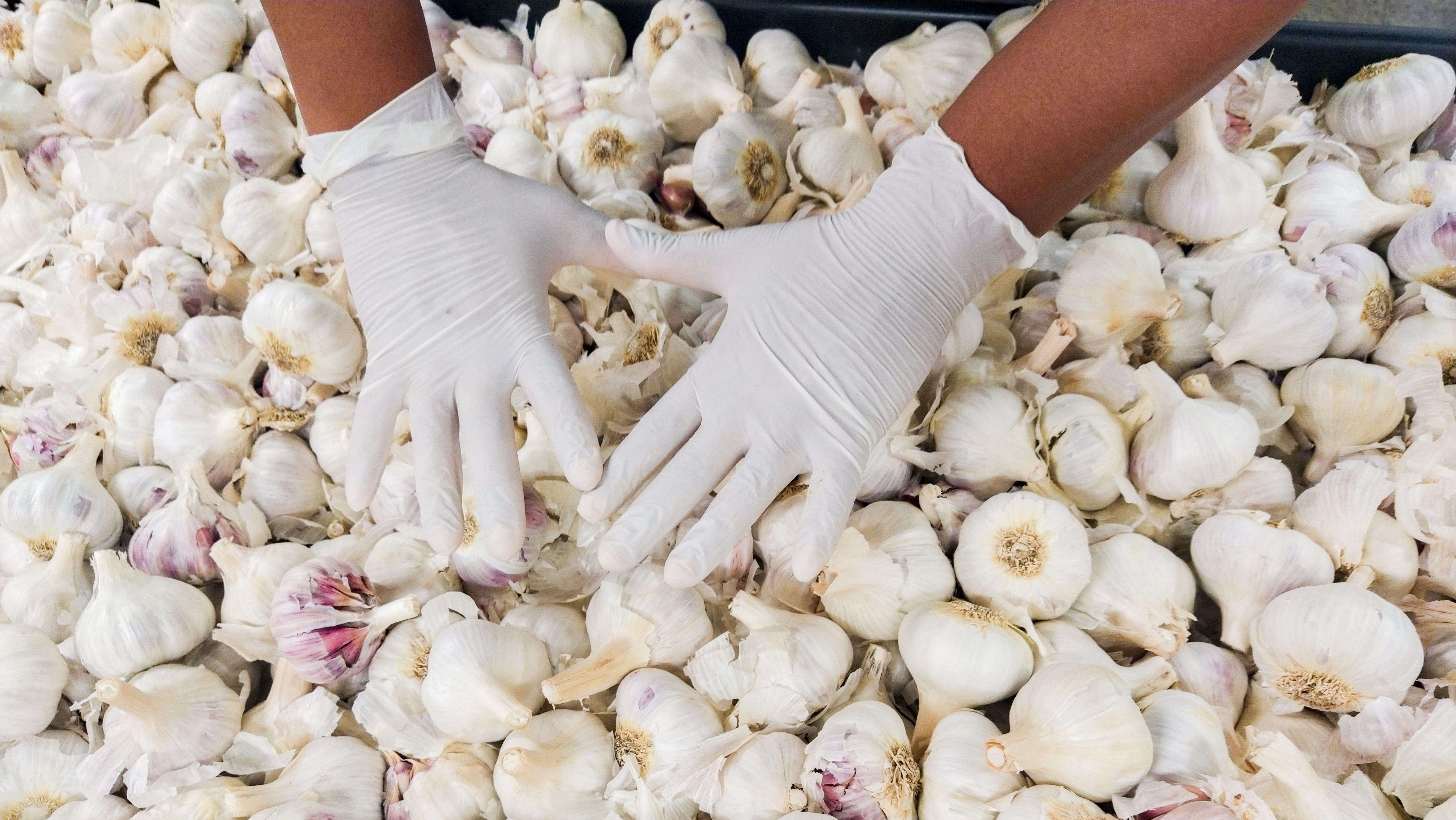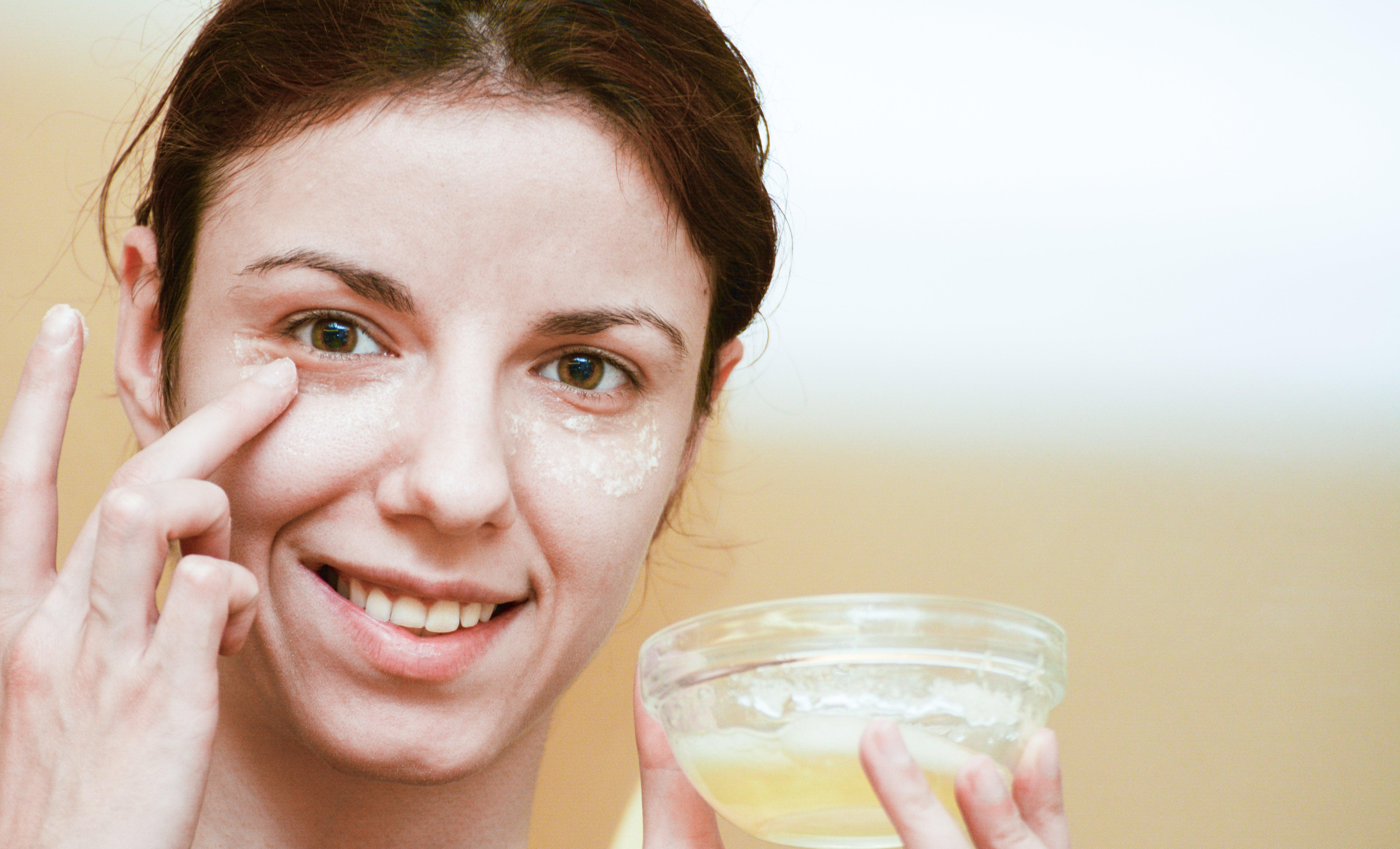8 Foods That Don't Belong Anywhere Near Your Face
Put them in a drink or on your plate, but never use them in your skincare routine.
A little self care moment is always great, and it can be tempting to find regimens that don't require you to drop hundreds of dollars on expensive products just to treat yourself. Being able to go into your kitchen and just whip up some skin care is the sort of thing that will make you appreciate food even more. What's not to like?
However, while "all-natural" face masks can have benefits, not every ingredient you find in the kitchen is safe to spread across your forehead. Before you grab a whisk and start slathering your face in avocado, you might want to make sure your DIY skin care does not include these harmful ingredients.
Coffee grounds
Exfoliants are meant to scrub away dead skin cells, revealing a smooth layer underneath. Many professional products include coffee as a natural exfoliant, such as Frank Body's Original Face Scrub, the Sugared Koffie Almond Milk Body Scrub from Drunk Elephant, and Coffee & Chocolate Energizing Superfood Mud Mask from Ulta Beauty brand.
The key thing to note is that you should stick to using these on the rest of your body rather than your face (sorry, Frank Body). The skin on our arms and legs tends to be much less delicate than the skin on our face, meaning those areas can stand up to exfoliants better—but it's still best not to overdo it. If you're too rough with the exfoliants, you might disrupt the natural barrier that protects your skin from the environment.
Lemon Juice
Who doesn't want to smell lemony fresh? Unfortunately, the skin on your face probably can't handle the intense acidity of lemon juice very well. HelloGiggles explains that citrus contains a compound called psoralen that can increase your skin's sensitivity to light. This means if you expose yourself to the sun too quickly after applying lemon juice you could end up with blisters, discoloration, or even a rash. It can also dehydrate the skin, which is definitely not what you want. So, don't be fooled by the allure of Vitamin C—lemon does not belong on your face.
Coconut Oil
Coconut oil is an ingredient with so many benefits that you might be surprised to hear it's not something to incorporate into your skin care routine. It's not that coconut oil is dangerous, but its heavy fat content can actually work against keeping your skin blemish-free. WebMD explains that while coconut oil does contain lauric acid, which can help fight zits, the fat content is more likely to clog pores.
Apple Cider Vinegar
Ah yes, apple cider vinegar, a magical elixir that TikTok treats like a cure all. Well, think again. Though some would argue that regular use of apple cider vinegar can help to clear acne and reduce the appearance of certain blemishes or age spots, the truth is that the acidic qualities of ACV can have negative long-term effects on the skin. Healthline writes that, if not diluted, ACV can corrode your skin, and if you happen to get it in your eye by accident you could end up with a potential cornea burn. Ouch.
Cinnamon
Other than the obvious fact that some people might be allergic to cinnamon, this friendly little spice is super irritating to the skin whether you're allergic or not. For that reason, you'll actually find it in many lip plumping products because it can cause swelling. That might be the kind of effect you want on your lips, but probably not on the rest of your face. Remember, it's essentially ground tree bark. So, when you're whipping up that DIY face mask, skip the cinnamon. No good can come from it.
Mayonnaise
Like coconut oil, mayonnaise can be super moisturizing, which is what might make you think it's a good idea to try on your face. Unfortunately, also like coconut oil, mayonnaise has a high fat content that will more than likely lead to clogged pores and breakouts instead of the dewy, clear skin you're aiming for. Mayonnaise also contains eggs, which (as we'll cover later on) are not good for your facial skin either.
Garlic
Just like the old toothpaste-on-the-zit trick, some people use garlic as a way of drying out a skin blemish. The garlic can do the trick, but the real problem is the way it will leave your skin after that. The main chemical in garlic is diallyl disulfide, which can literally burn skin. It will dry out a pimple, but your skin will also be scarred, broken, and worse off than if you had just let the pimple subside. This is another ingredient you can skip in your at-home face mask mixture.
Eggs
Eggs are a common kitchen ingredient sold by the dozen—wouldn't it be fantastic if they could serve a dual purpose of breakfast and skincare? Too bad, though, that rubbing eggs on your face might lead to salmonella. Healthline explains that raw egg can be contaminated with salmonella, and by putting it that close to your mouth you run the risk of "contracting a gastrointestinal tract infection." On the low end of risks is that any tightness an egg mask creates in the skin will likely go away once the egg is washed off.
